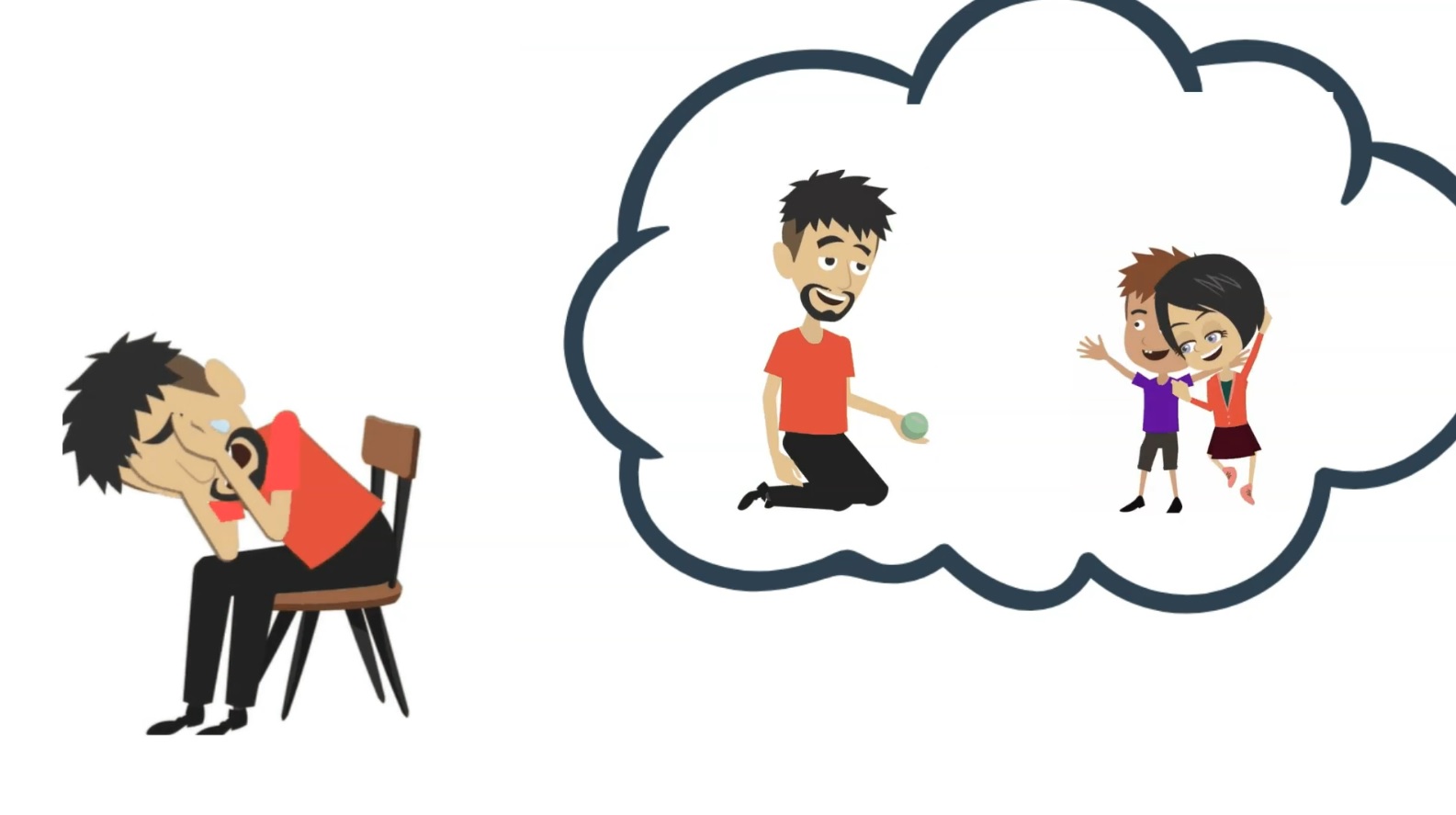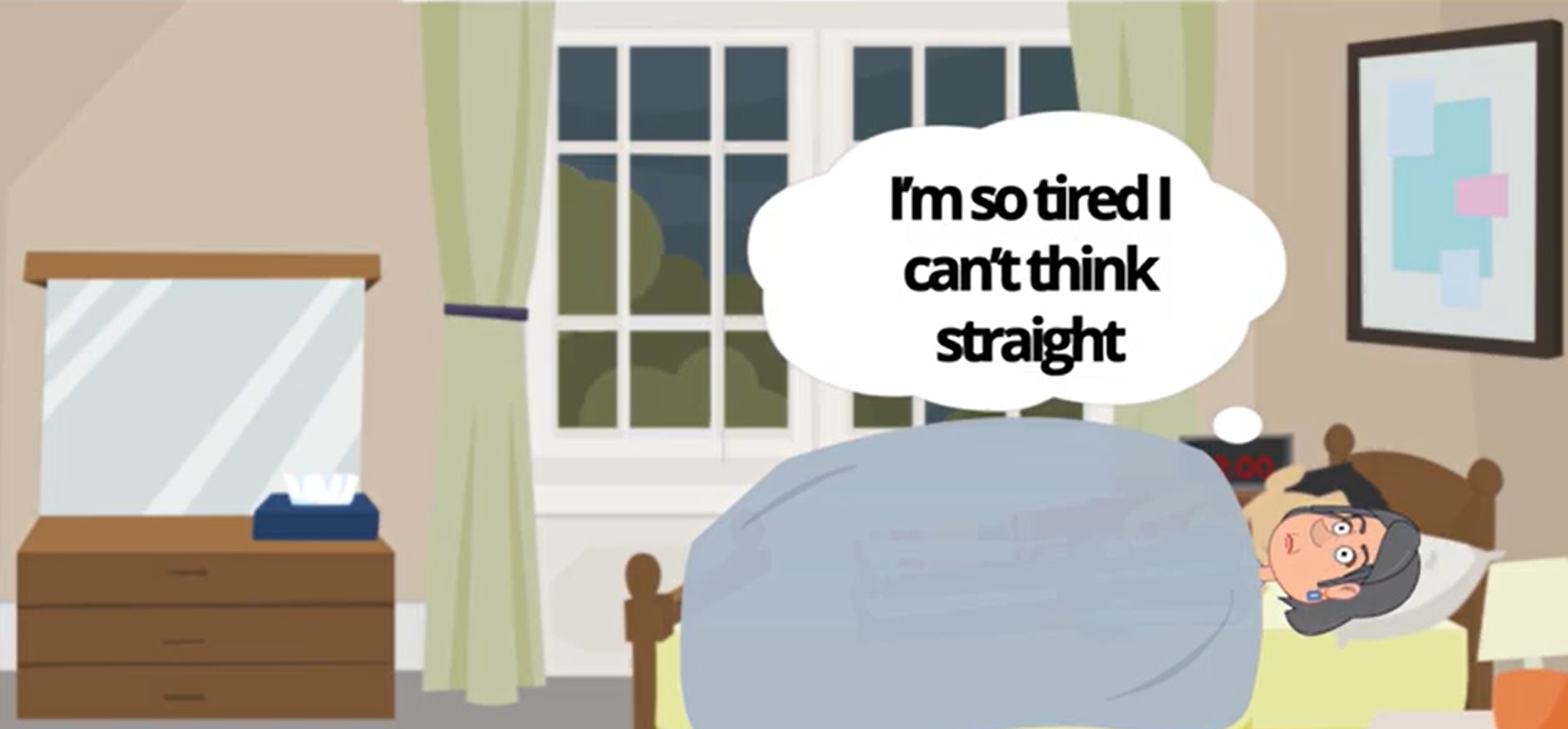Self care during family breakdown

In the Parenting after Separation course we have talked about how best to support the mental health of your children through the breakdown of your relationship.
We have touched on how important is is for you to be well, and that one step towards your own recovery is to join a post separation organisaton such as Restored Lives.
Now we are going to be looking at other specific steps which you can take to avoid burnout and emotional breakdown yourself.
The definition of burnout is this:
“Burnout is a state of emotional, physical and mental exhaustion caused by excessive and ongoing stress. It occurs when you feel overwhelmed, depleted of energy, and unable to meet demands and responsibilities.”

Family breakdown and burnout
During a family breakdown you are likely to be going through some or all of the following:
- Stress and anxiety
- growing mental, physical or emotional exhaustion that isn’t alleviated by sleeping
- an increasing feeling of being isolated
- a decreasing feeling of ability and effectiveness in tasks
- Poor work/life balance
- A sense of overwhelm
- And even depression
Sometimes being told to “take care of yourself” just feels like it adds to the pressure.
Self care is a widely misused term. A better term is self-regulation, which consists of regular, frequent, consistent and predictable routines which enable people to take charge of their emotional state over a period of time.

The Neurochemistry of Anxiety and Stress
Before diving into what actions to take it will be useful to look at our neurochemistry; specifically what it is designed for and how it goes wrong in the modern world
Fear and anxiety are not bad in themselves; they are signals to the brain to pay attention and pump blood, oxygen and adrenalin around our body so that we can escape danger either by fight or flight.
Imagine a deer, peacefully grazing on the African plain until it hears a lion. Immediately it’s brain triggers all the right chemicals to pump around the brain and body to stop eating, and RUN. So it runs. But when it has shaken off it’s predator it doesnt continue to dwell on the experience, or to worry about how it could happen again. Ithe deer simply drops its head and starts to eat again. The threat was physical, the neurochemical response was physical, and the action was physical involving the whole body of the deer. And the threat was temporary; the fight or flight chemicals did their job and were burned off during the run.
That’s how our human minds are supposed to deal with threats, or at least the part of the brain which deals with fight or flight.

Fear in the modern world
However, the things we perceive as threat are not physical, often they are “what if” type worries, and they go round and round in our head day after day, night after night often for years triggering all those fight or flight chemicals swirling round and round in our bodies with no where to go..
This is why much of proper self-regulation and self-care has to involve the body, not just the mind. A stressed and unwell mind isn’t going to heal itself, it needs the body to take part in the healing process.

So let’s start with the body.
Physical self-regulation
- Sleep. Leave the smartphone in another room and switch off any blue lights in the bedroom. Make sure the room is cool.
- Aerobic exercise – Although it may be difficult for a busy parent to incorporate exercise into their daily life, it’s important to set some time aside for physical exercise, taking into account any advice from healthcare professionals if you have a physical limitation such as a heart or lung condition.
- Eat healthily and cut down on food containing sugar especially the hidden sugars.Start looking at sugar content in foods you buy. Eat plenty of fresh vegetables, if you can.
- Drink water – the body needs water in order to create energy for your day to day activities. Make sure you drink about eight glasses of water – not just tea or coffee but actual water – per day.
Mental Self Regulation
If you suffer from severe anxiety or depression do not hesitate to talk to your doctor about it.
One of the most important rules is to “stand guard at the door of your mind”, so that includes not focussing on the disaster-driven 24 hours news cycle, or allowing yourself to get bitter by dwelling on things you have no control over.
Take breaks from the online world, including social media, and keep a gratitude journal to fill in at the end of the day where you record the good things that you experienced that day. This will help a part of your brain called the “Reticular Activating System” which helps you at a deep psychological level including improving the quality of your sleep.

Emotional Self-regulation
It’s important that you are able to have an outlet to express difficult feelings, whether that is talking to friends and family or doing hobbies or leisure activities that help you to process your feelings.
Consciously seek to experience laughter and humour with your family; try snuggling up on the sofa with a video of your favourite comedian together.
Your children need you to be well.
One of the most powerful factors that will help your children recover is if you recover. When it all seems too much and you feel tempted to sink into helplessness and depression after a relationship breaks down, remember that by looking after yourself, you are looking after your children.